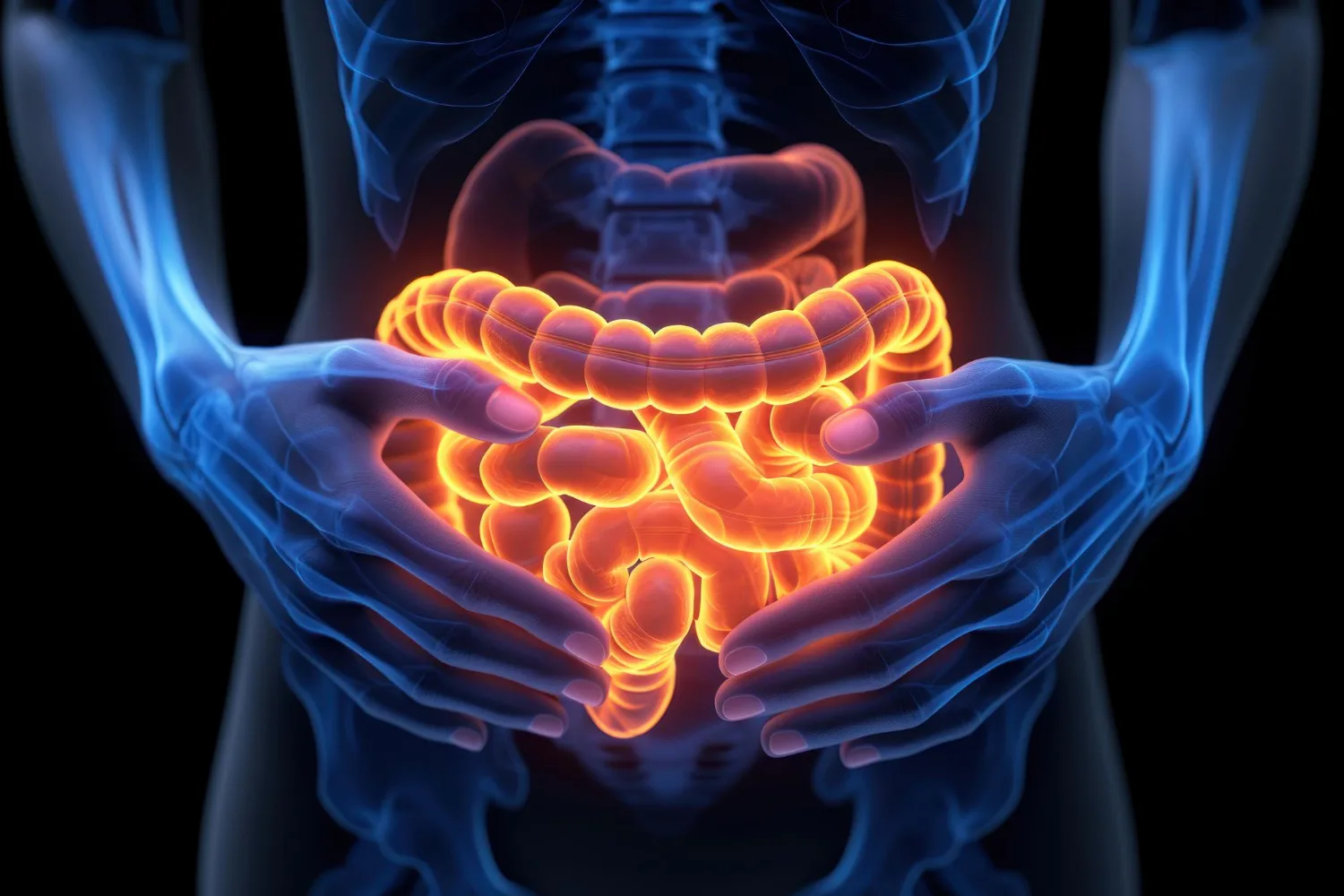Can Stomach Ulcers Be Cured?
Category: General medicine
A stomach ulcer, also known as a gastric ulcer, is an open sore that develops on the inner lining of the stomach or the upper part of the small intestine. It occurs when stomach acid damages the protective layer of the digestive tract. Common stomach ulcer symptoms include burning pain in the abdomen, nausea, bloating, and indigestion. When left untreated, ulcers can lead to serious complications like bleeding or perforation. The good news is that with proper treatment and lifestyle care, stomach ulcers can be completely cured.
At Lokmanya Hospital, patients receive specialized stomach ulcer treatment in Pune, guided by expert gastroenterologists. The hospital offers precise stomach ulcer diagnosis, effective medication, and personalized recovery plans that address the root causes, whether infection, lifestyle, or medication-related. Lokmanya’s integrated approach ensures long-term digestive health and comfort, making it a trusted destination for those seeking the best doctor for stomach ulcers in Pune.
Can Stomach Ulcers Be Cured?
Yes, stomach ulcers are curable, especially when diagnosed early and managed under professional medical supervision. The treatment depends on the underlying cause, whether it’s an H. pylori infection, excessive use of painkillers, or chronic acid reflux. Most ulcers heal within weeks of proper medical care, though chronic stomach ulcers may require longer treatment and follow-up.
Timely treatment not only relieves stomach ulcer pain but also prevents complications such as intestinal damage, perforation, or severe bleeding. In certain cases, especially if ulcers affect the intestinal tract, intestinal ulcer treatment may be necessary to restore digestive balance.
Causes of Stomach Ulcers
Understanding the root stomach ulcer causes helps in managing and preventing recurrence:
- H. pylori infection: The most common cause, this bacteria weakens the protective mucus lining of the stomach.
- Excess use of NSAIDs: Regular use of painkillers like ibuprofen or aspirin can irritate the stomach lining.
- Smoking and alcohol: These increase acid production and slow down the healing process.
- Stress and poor diet: While not direct causes, they can worsen symptoms and delay recovery.
Symptoms of Ulcer in Stomach and Intestines
Ulcers in the stomach and intestines may show similar signs. Recognizing these early can prevent complications:
- Persistent stomach ulcer pain or burning sensation in the upper abdomen.
- Indigestion, bloating, or a feeling of fullness after small meals.
- Nausea or vomiting, sometimes with traces of blood.
- Unexplained weight loss or loss of appetite.
- Black, tarry stools or blood in vomit (in severe cases).
If you notice these symptoms of ulcer in stomach and intestines, consult a gastroenterologist for an immediate stomach ulcer test and evaluation.
Treatment and Management of Stomach Ulcers
Effective stomach ulcer treatment focuses on healing the ulcer, relieving pain, and preventing recurrence. The approach depends on the cause and severity of the condition.
1. Medication-Based Treatment
- Proton Pump Inhibitors (PPIs): Reduce stomach acid to promote healing.
- Antibiotics: Used to eliminate H. pylori infection.
- H2 Blockers: Control acid secretion and provide pain relief.
- Antacids and Mucosal Protectants: Offer short-term comfort and protect the stomach lining.
2. Dietary and Lifestyle Modifications
- Avoid spicy, oily, and acidic foods.
- Eat small, frequent meals to reduce acid buildup.
- Limit caffeine, alcohol, and smoking.
- Manage stress through relaxation and yoga.
3. Diagnostic Tests
At Lokmanya Hospital, accurate stomach ulcer diagnosis is done using:
- Endoscopy: Direct visualization of the ulcer.
- Urea breath test: Detects H. pylori infection.
- Blood and stool tests: Check for infection or internal bleeding.
4. Advanced and Surgical Treatment
In rare, severe cases where medication is ineffective, surgical treatment may be required. Lokmanya Hospital provides advanced intestinal ulcer treatment and minimally invasive stomach ulcer surgery in Pune for patients with recurrent or complicated ulcers.
Why Choose Lokmanya Hospital for Ulcer Treatment
Lokmanya Hospital is one of Pune’s leading centers for stomach ulcer treatment, combining medical expertise with compassionate care. The hospital’s gastroenterology department is equipped with advanced diagnostic tools like endoscopy, imaging, and laboratory analysis for precise evaluation and effective management.
Each treatment plan is tailored to the patient’s individual needs. From infection control to diet guidance and long-term prevention strategies, Lokmanya Hospital ensures complete recovery. With an expert team, modern infrastructure, and a holistic care approach, the hospital is a trusted choice for those seeking chronic stomach ulcer treatment and digestive care in Pune.
Conclusion
Stomach ulcers are not only treatable—they are curable when addressed promptly. Early stomach ulcer diagnosis, proper medication, and lifestyle adjustments can lead to full recovery and prevent future recurrence.
At Lokmanya Hospital, patients receive specialized care, modern diagnostics, and evidence-based treatment for ulcers of the stomach and intestines. Whether you need medical management or advanced surgical care, the hospital’s experts ensure safe, lasting, and comfortable recovery.
Frequently Asked Questions (FAQs)
1. Can a stomach ulcer heal completely?
Yes. With timely treatment and lifestyle changes, most stomach ulcers heal within 4–8 weeks under medical supervision.
2. What are the common symptoms of a stomach ulcer?
Burning pain in the abdomen, nausea, bloating, and indigestion are key stomach ulcer symptoms.
3. What causes a stomach ulcer?
The main stomach ulcer causes include H. pylori infection, overuse of painkillers, smoking, and excessive alcohol consumption.
4. How is a stomach ulcer diagnosed?
Doctors perform an endoscopy, stomach ulcer test, or H. pylori breath test for accurate diagnosis.
5. What foods should be avoided with a stomach ulcer?
Avoid spicy, fried, and acidic foods along with caffeine and alcohol, as they aggravate ulcer pain.
6. Can stress cause a stomach ulcer?
Stress doesn’t directly cause ulcers but can worsen stomach ulcer pain and slow healing.
7. Who is the best doctor for stomach ulcer treatment in Pune?
The gastroenterology specialists at Lokmanya Hospital are among the best doctors for stomach ulcer in Pune, offering expert care and long-term relief.
8. Can chronic stomach ulcers lead to surgery?
Yes. Chronic or non-healing ulcers may require surgical intervention, which is available at Lokmanya Hospital through advanced intestinal ulcer treatment options.
Previous blog







